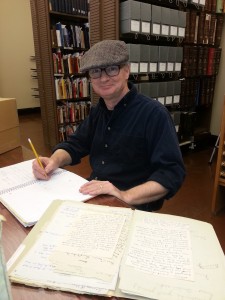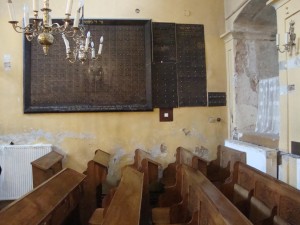By Caitlin Eckard
I feel as though I am well versed in the PastPerfect software as of recently. At ATHS I am also adding the photo catalog into their software. So far I have processed around 1200 photos. This project has not been without mistakes though, and thankfully, they have been easy fixes so far. For example, one day I made each object ID and the Accession files the same number. Oops, silly me.
Now I have been going back and relating photos to each other. Ideally, when this is all through, searching the catalog should be relatively easy. The majority of the people who work for ATHS don’t know a lot about trucking or the trucking industry. There are quite a bit of reference questions coming in every week. I was very surprised by the amount of research questions people have and the details they’re interested in. By the time this project is done, these questions hopefully will be answered in a timely fashion.
Working with this collection has also made me inadvertently learn about trucks. Mainly truck parts and models are in the photographs. Describing these pictures still poses a challenge though, because I feel as if I am asking a million questions about what’s this, and what’s that, but so far everybody has been very helpful in answering my questions, and not making me feel like a lowly intern.
On a positive note, I have been offered a part time job at ATHS during the summer, where I will be continuing my work. Originally, I thought that cataloging would be super boring and tedious, but I have found that I really enjoy it. The day goes by quicker, and it helps me pay attention to detail, which is something I always need help remembering.


 Position Description: Collections Intern
Position Description: Collections Intern
